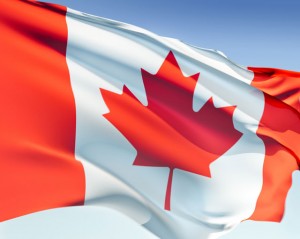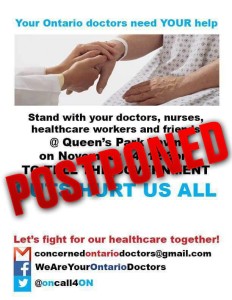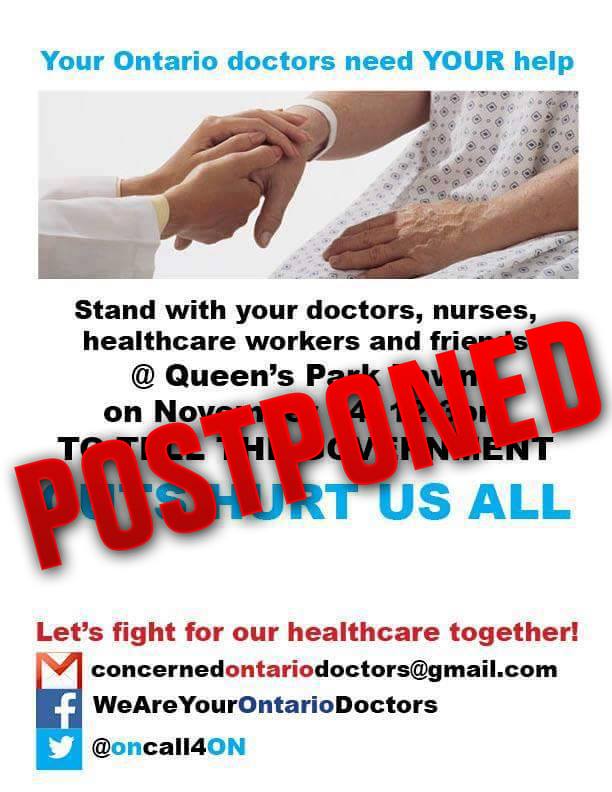 Many physicians should see a doctor. They are irritable, tired, despondent, unsatisfied with work, and avoiding responsibilities. They report physical symptoms: headaches, GI upset and poor sleep.
Many physicians should see a doctor. They are irritable, tired, despondent, unsatisfied with work, and avoiding responsibilities. They report physical symptoms: headaches, GI upset and poor sleep.
Experts say doctors are burned out:
- Half of doctors burned out – Forbes
- Burnout increasing in doctors – Washington Post
- 10 signs you’re burning out – Forbes
- Job burnout: how to spot it and take action – Mayo Clinic
Abuse, Not Burnout
But one doctor calls BS on burnout. Dr. Pamela Wible, ‘America’s Leading Voice for Ideal Medical Care’, says,
“Please stop using the word burnout. You are not burned out. You’ve been abused. Let’s get the diagnosis right.”
“…medical students and physicians are collapsing because they are suffering from acute on chronic abuse.”
She wrote a popular blog piece: Burnout is Bu-lsh-t.
And she wrote a best-selling book: Pet Goats & Pap Smears: 101 Medical Adventures to Open Your Heart & Mind. (Thank you, Dr. Boyce!)
Despite her outrageous book cover, Dr. Wible makes a solid point. Victims of abuse often report symptoms like burnout.
Symptoms rarely indicate one disease. Fatigue, mood swings and stomach aches can mean almost anything. High calcium causes stomach aches, muscle cramps, and psychosis. But we do not say patients have stomach, muscle or mental problems when their calcium is high. They have a calcium problem.
Diagnosis
Many doctors show signs of burnout. But could it be abuse? If doctors are suffering abuse, not burnout, then calling doctors burned out just blames the victims.
Doctors often serve and recharge by practicing medicine in a developing country. No doctors ever tell how happy they are to return home to catch up on the latest legislation, regulation, and tick-boxing requirements of medicare.
Doctors recover from their symptoms of ‘burnout’ soon after escaping abuse. They go on to work even longer hours with energy and joy once freed to do so.
Waking Up
Disillusionment is good. It hurts to lose a dream, to realize what we thought was true is not. But life under an illusion cannot be full and rich. Dreams feel bizarre.
Many doctors talk about delaying gratification until middle age. The dream of being a doctor pushed them through 24 years of school. It promised relief when they finally got out of debt; finally got out of working night shifts; finally became financially independent; finally started a family.
Gambling on the dream, many doctors lived far below the poverty line, long past medical school. But most grew tired of frugality sometime in residency, in their late 20s and early 30s. At that age, debt works so much easier than pinching every dollar.
So after years of being poor – really poor by every measure of poverty in Canada – doctors finally start earning a decent income. Something almost as good as a school principal.
At this point, they usually take on even more debt. They buy a house and build their practice. The Wealthy Barber taught us that we must earn two dollars to spend one. Debt is even worse. We must earn $2.50 to pay off $1 plus interest (depending on rates).
Sometime in their late 40s or early 50s, doctors expect to arrive, to be debt-free, to loosen up a little and enjoy life. But depending on how many kids (and spouses) they have, doctors often end up delaying this dream, too.
Over the last year, doctors tell me that they find it harder to make a living. Not maintain their posh lifestyle. To make a living. Just when doctors thought work would get easier, they have to find new jobs, work overtime, and downsize their middle class lifestyle and expenses.
Doctors are frustrated. And with good reason. Even if doctors were earning huge incomes, which many do not, 10 years of heavily taxed earnings, after 35 years of poverty and debt, hardly balance out.
Treatment
Recovery starts with facts. It starts with the right diagnosis. Recovery will never come by telling doctors to maintain better mental health, or to get more exercise. It certainly won’t come from the common response, “Well, you chose to become a doctor!”
Recovery starts when doctors wake up from the dream. They need to find other doctors who feel the same. Thousands of doctors are waking up to understand, in a personal way, that they cannot run a business when government has too much power and control.
This is not just a rant about political theory. It’s a reflection on current events. This will happen again, no matter what truce doctors may sign. Government will get desperate, again, and treat doctors like they have no civil rights.
Will doctors make the right diagnosis? When will they call this abuse, not burnout, and get on with treatment?




